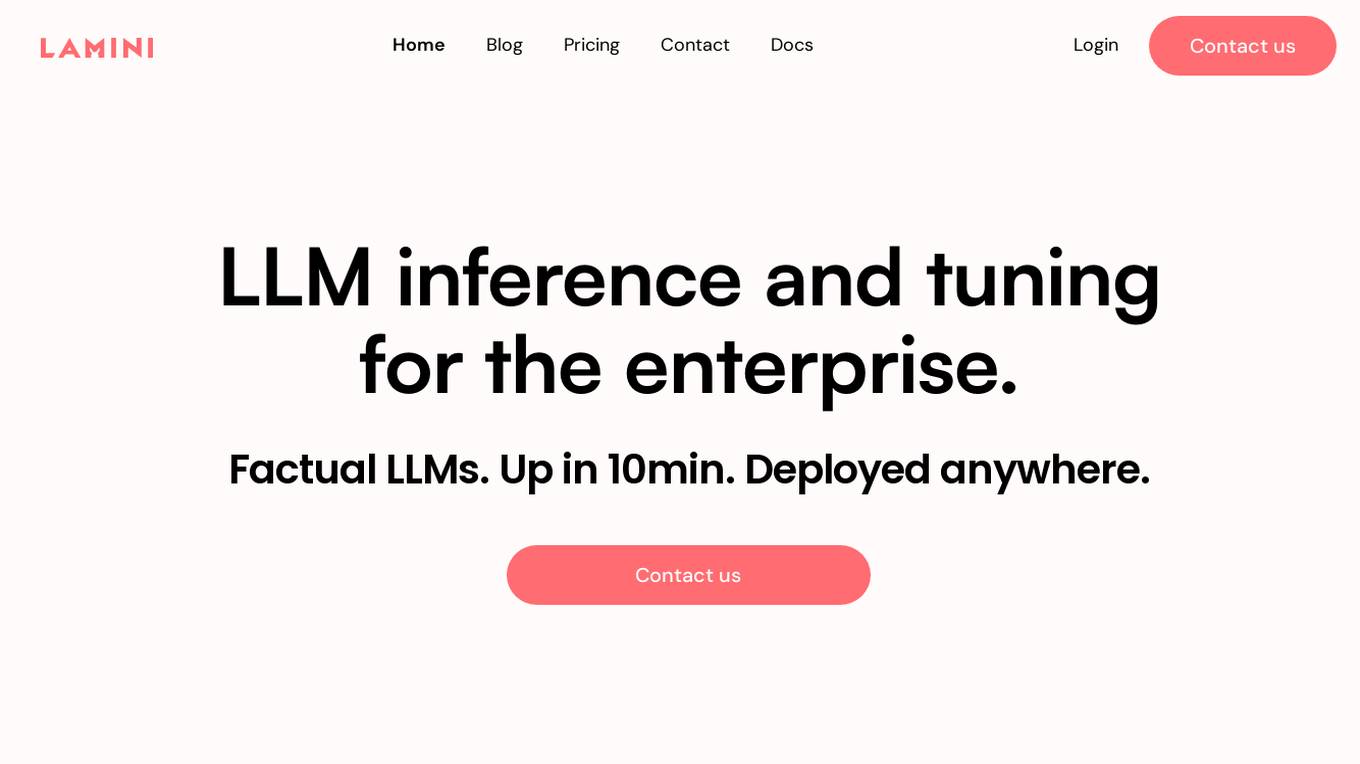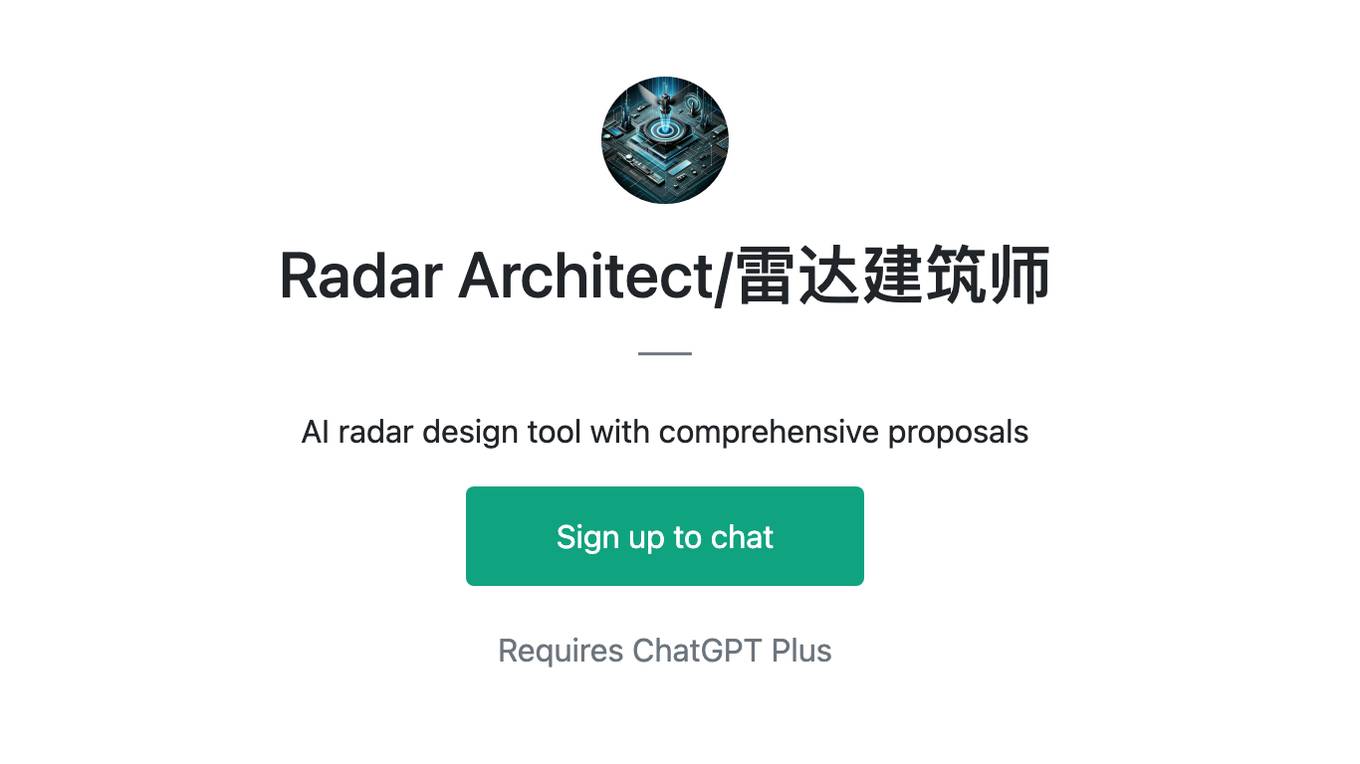Best AI tools for< Rf Engineer >
Infographic
2 - AI tool Sites

Mobility Engineering
Mobility Engineering is a website that provides news, articles, and resources on the latest developments in mobility technology. The site covers a wide range of topics, including autonomous vehicles, connected cars, electric vehicles, and more. Mobility Engineering is a valuable resource for anyone interested in staying up-to-date on the latest trends in mobility technology.

Lamini
Lamini is an enterprise-level LLM platform that offers precise recall with Memory Tuning, enabling teams to achieve over 95% accuracy even with large amounts of specific data. It guarantees JSON output and delivers massive throughput for inference. Lamini is designed to be deployed anywhere, including air-gapped environments, and supports training and inference on Nvidia or AMD GPUs. The platform is known for its factual LLMs and reengineered decoder that ensures 100% schema accuracy in the JSON output.
0 - Open Source Tools
3 - OpenAI Gpts

Wireless Communications Advisor
Advises on wireless communication technologies to enhance organizational efficiency.
